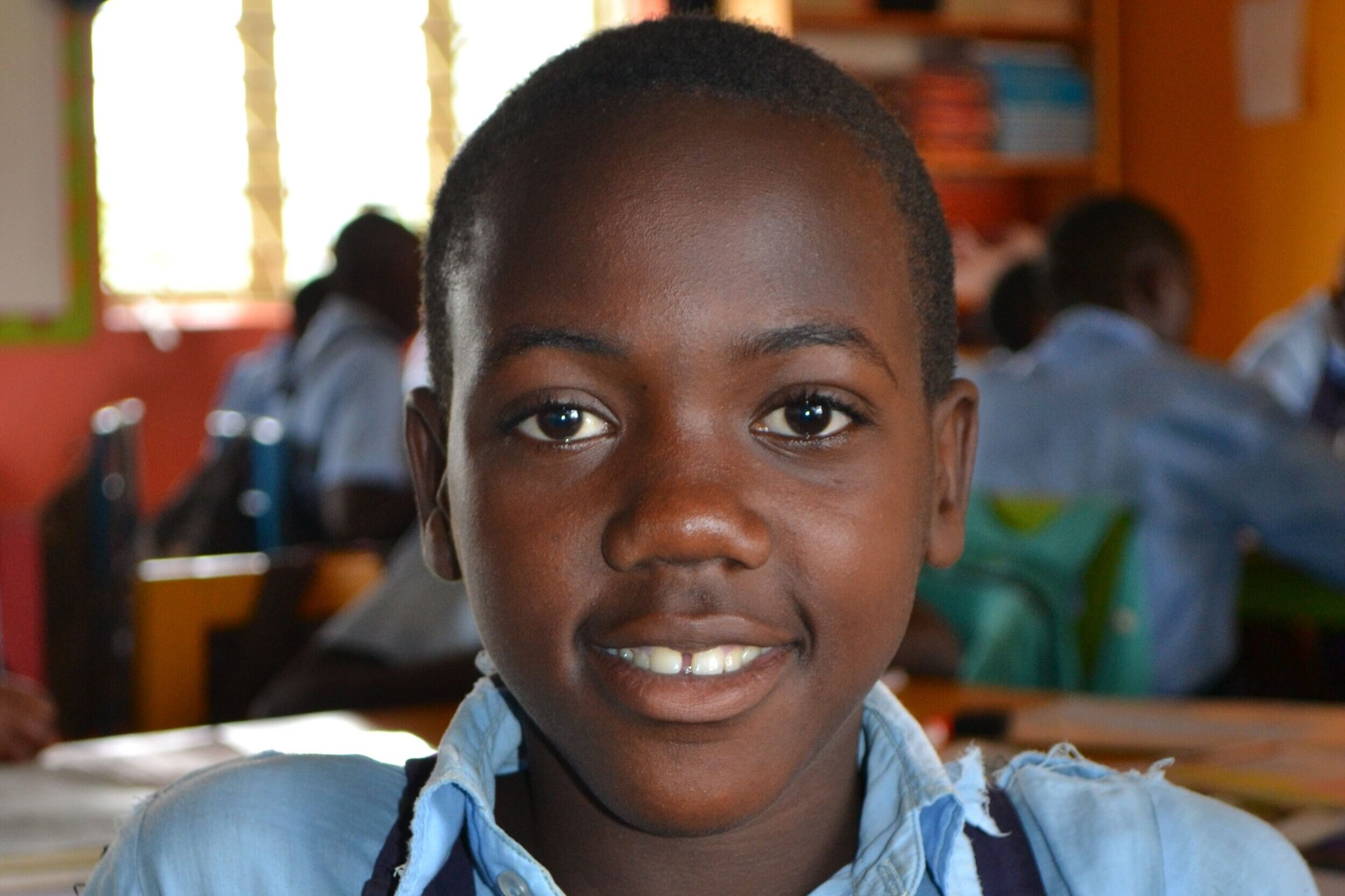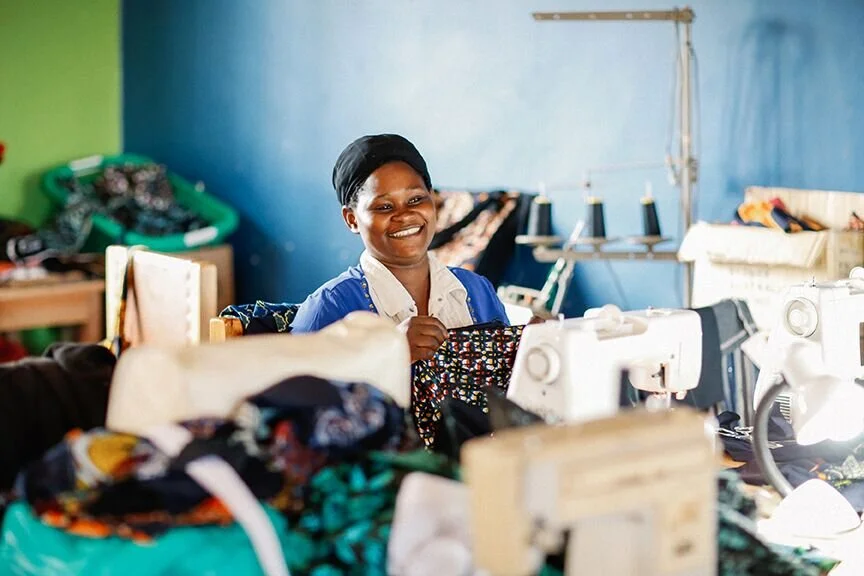WE BELIEVE EVERY CHILD DESERVES ACCESS TO QUALITY EDUCATION. EDUCATION MEANS OPPORTUNITIES, EMPOWERMENT AND PROTECTION FROM EXPLOITATION.
EDUCATION IS FREEDOM.
WHAT DOES THE EDUCATION SYSTEM LOOK LIKE IN UGANDA?
- In Uganda, seven out of ten children won't finish a primary-level education. Most adults haven't received an education, and therefore don't see educating their children as important - many prioritise child labour over education.
- Uganda has one of the lowest primary 'survival rates' in East Africa - only 33% of children who start primary school will finish. This compares to Kenya's primary survival rate of 84%, Tanzania of 78% and Rwanda of 81%.
- In Government-run schools, there can be one teacher to look after 100 children, although the average classroom is one teacher to 54 students. Schools are often mud huts with no amenities, air conditioning or educational materials.
- More than 2.3 million Ugandans are malnourished, with many children arriving at school without being fed. It is common for children to receive only one meal a day.
- Uganda has the world's youngest population. There are currently 38 million people living in Uganda, 50% of which are aged under 14 years old.
READ MORE ABOUT THE EDUCATION CRISIS IN UGANDA HERE.
WE ARE CHANGING THESE STATISTICS
We are now educating over 560 children.
We monitor the attendance and retention level of each student to ensure that they attain a strong academic performance.
We maintain a student teacher ratio of 2:1 and only employ motivated and qualified teachers.
We’ve built onsite accommodation to attract the best teachers and we facilitate ongoing training and personal development opportunities for our teachers.
We encourage strong parental participation with school reports, parent-teacher days and community days.
We provide an environment that is safe, happy and conducive to learning.
EDUCATION IS FREEDOM
Education has been key to opening up other opportunities in healthcare, agriculture and the environment. We provide health and nutrition services, promote and implement sustainable projects, and we have established tailoring and agricultural programs to promote sustainable economic development in communities where we work.










In 2010, Rachel began as a cleaner at Katuuso Primary and Vocational School. She was working to save money to study to be a teacher at University. Thanks to Barrie and Simone Goldsmith, her dream of studying came true and she is now fully qualified.